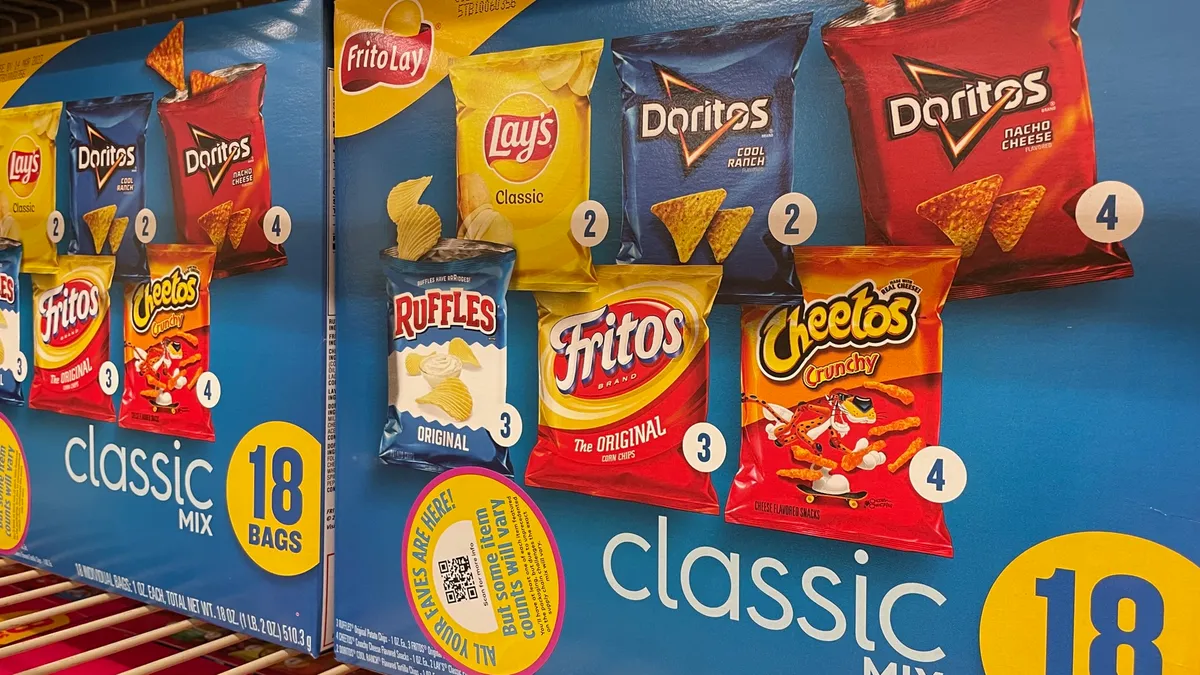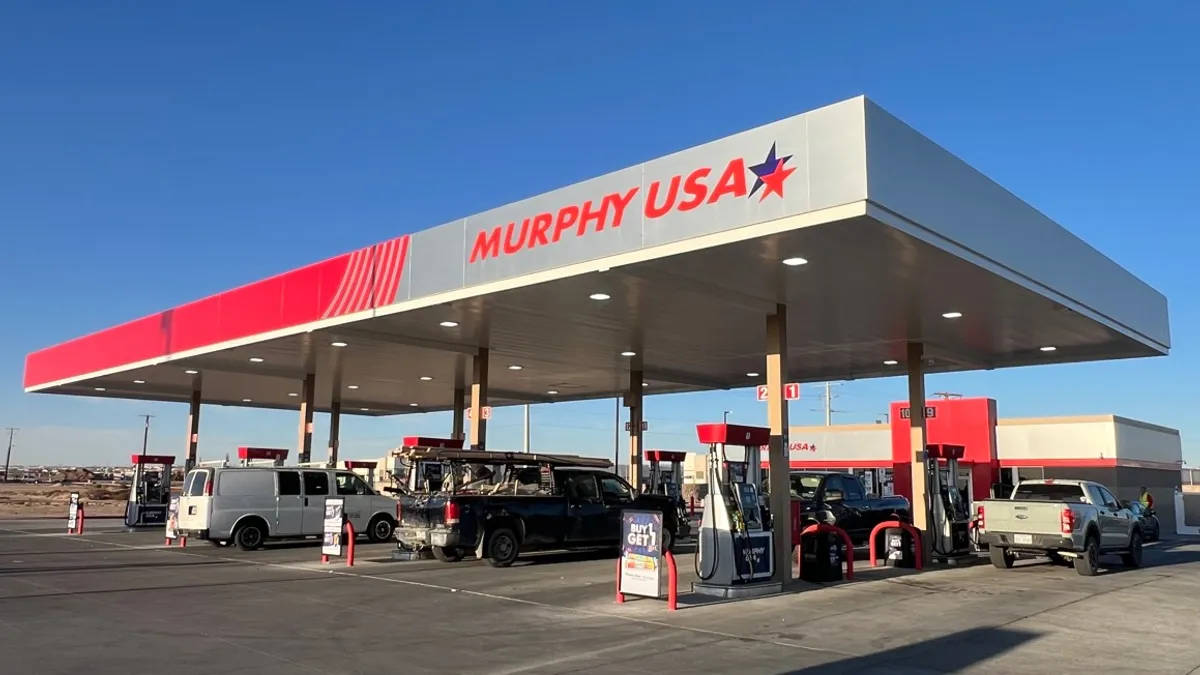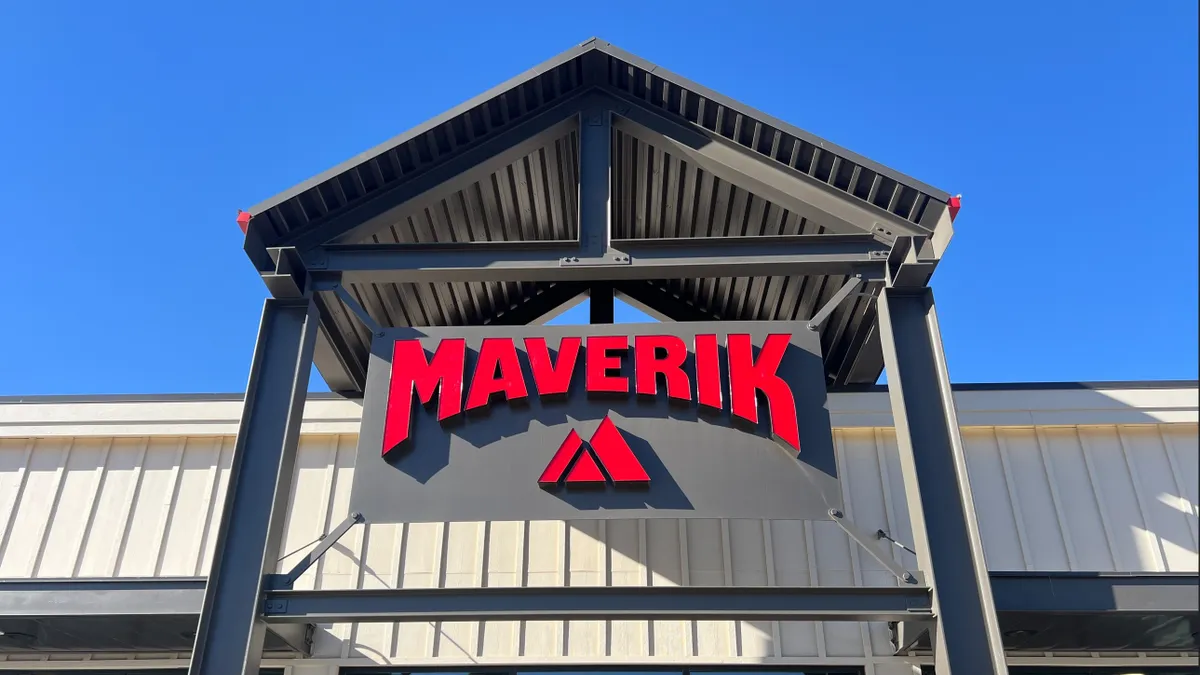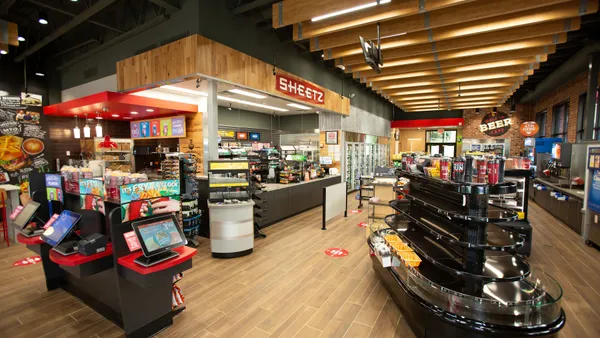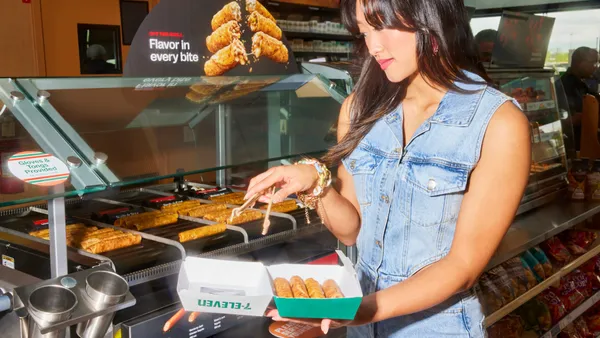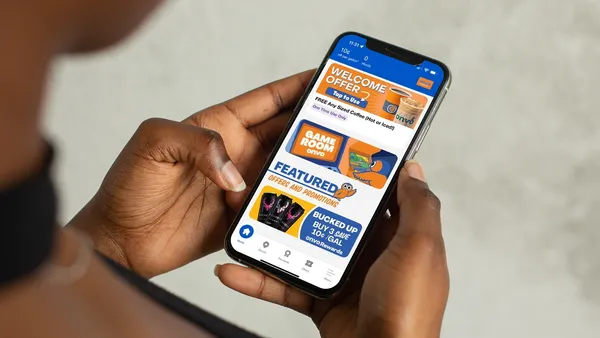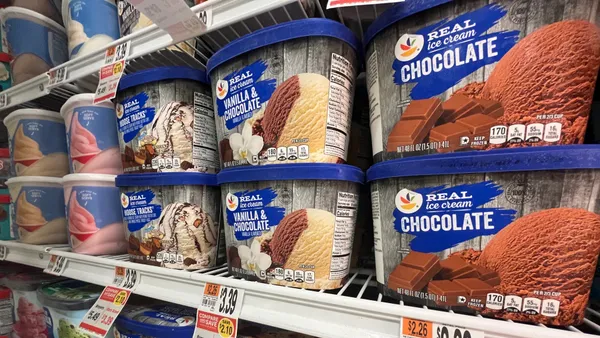Dive Brief:
- PepsiCo is focusing more on catering to consumers looking for value and boosting its better-for-you options as it aims to stoke growth in its snacks business.
- Ramon Laguarta, PepsiCo’s CEO, told analysts that “value is the number one decision maker” and the reason why the snacking category has slowed during the last year. He said the food and beverage manufacturer will offer additional multi-count packages in smaller counts with lower price points that consumers can purchase depending on their budgets.
- PepsiCo highlighted efforts to increase sales of healthier snacks like Simply, which has no artificial colors or flavors, as well as high protein items such as Quaker. The recent acquisitions of Siete and Sabra also increase its presence in better-for-you foods while building its exposure in meals.
Dive Insight:
A decline in volumes among Pepsico’s Frito-Lay and Quaker foods businesses come as consumers snack less and cut back on their spending. But executives remain upbeat that conditions are improving.
The maker of Cheetos, Doritos and Sun Chips started seeing volume growth in snacks during the last three months of the year along with a slight price improvement, Laguarta told analysts.
“We're very confident that our North America business will accelerate this year,” he said. “We're very confident in our plans and our long-term. And we see opportunities, especially away from home.”
Laguarta downplayed the need to lower prices across its portfolio to attract consumers. Instead, PepsiCo plans to use a “surgical price pack strategy and execution strategy” to drive growth in snacks.
The food and beverage giant’s revenue during the fourth quarter was $27.8 billion, down slightly from $27.9 billion a year earlier. Revenue climbed roughly $400 million to $91.9 billion during PepsiCo’s 2024 fiscal year, with net income rising to $9.6 billion from $9.1 billion in the prior year.
PepsiCo forecast a low-single-digit increase in organic revenue across its food and beverage business for the 2025 fiscal year.
A study released in January found GLP-1 drug use cuts grocery spending by 6%. Purchases of calorie-dense, processed items such as chips, baked goods and cookies were the most affected.
While the New York-based company hasn’t seen a “direct impact” from GLP-1 medications, Laguarta said a higher level of awareness in health and wellness is driving consumer shifts in snacking and other categories.
PepsiCo, he noted, can benefit through its portion-controlled offerings, higher protein items and innovation in better-for-you snacks, such as Sun Chips with legumes or Stacy’s pita chips with whole grains. It’s also trying to participate in protein beverages “with a sense of urgency.”
Food and beverage companies have seen product volumes drop as inflation-weary consumers cut back on spending. This has weighed on companies like PepsiCo, forcing them to find ways to juice sales and improve margins. Laguarta said his company plans to devote more attention to growing some of its lower-cost brands such as Chester’s.
Brittany Quatrochi, an analyst with Edward Jones, said PepsiCo is focused on spending more on marketing, innovation and promotions to drive growth in its brands. She also noted that it has strong market shares in snacks and beverages, giving it an advantage in dealing with suppliers and grocers.
“Longer-term, Pepsi is investing into its supply chain, consumer data analytics, and digital marketing with a focus on improving productivity and driving improved sales growth,” Quatrochi said in a research note. “These investments should drive solid earnings growth over time.”
PepsiCo’s earnings came out the same day the Senate Finance Committee voted to forward the nomination of Robert F. Kennedy Jr. to the full Senate. Kennedy, who would oversee the FDA as secretary of Health and Human Services, has targeted ultra-processed foods for instigating the obesity epidemic and said they should be removed from school lunches.



